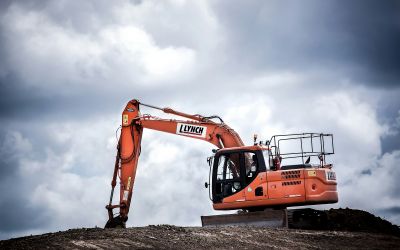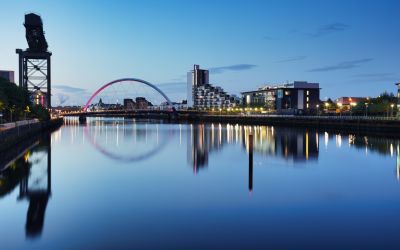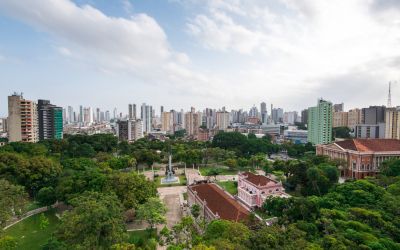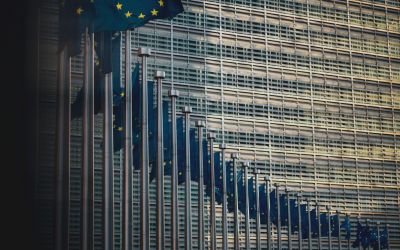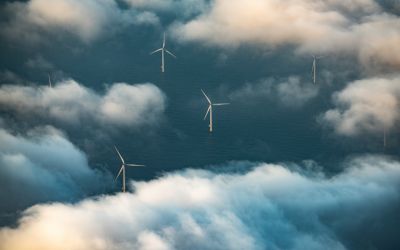Sustainable Innovation Forum leads the way for private sector innovation and spurs action at COP22
COP22 side-event brings together influential private and public players who seek to realise the Paris Agreement’s ambitions
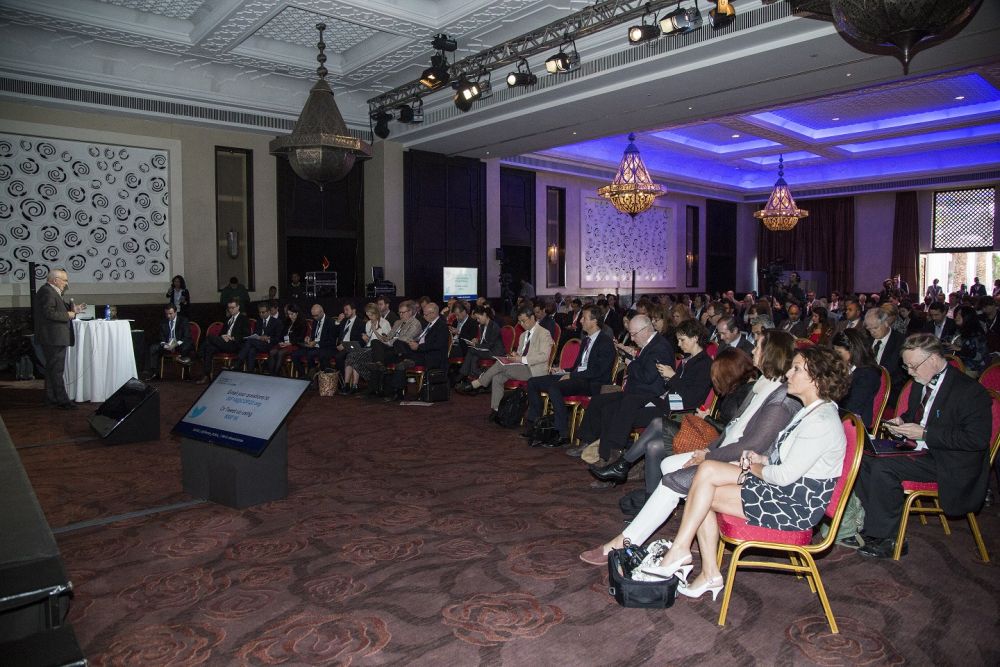
COP22 side-event brings together influential private and public players who seek to realise the Paris Agreement’s ambitions.
Last week, Marrakech welcomed over 20,000 climate experts from across the globe. As the host of this year’s COP, Morocco was keen to showcase its regional and global leadership in the fight against climate change.
Having no fossil fuel reserves of its own, the country up until recently has been almost completely reliant on coal and gas imports. It is now turning its fortunes around, forging its own path to a cleaner, more sustainable and profitable future, with ambitious plans to make 52% of its electricity supply made up of renewables by 2030, plus the completion of the globe’s largest concentrated solar power plant – the Noor Solar Complex.
Located in Ouarzazate, at the heart of the Moroccan desert, Noor will be the largest plant of its kind in the world and will produce up to 580 MW when completed, being built in three phases and in four parts. The total project is expected to cost $9 billion, and is so large that the plant could accommodate the city of Barcelona or the capital city of Rabat when finished.
Of the 20,000 visitors to Marrakech last week, over 800 high-level delegates gathered at the largest business side-event taking place at this year’s COP22 – the Sustainable Innovation Forum, on the 14-15 November. Leading figures from business, world governments, NGOs and the academic community were in attendance to learn from Morocco’s example, and to forge the partnerships that will make the Paris Agreement’s goals achievable.
Hot topics on the agenda included decarbonising energy supplies, water management and conservation, sustainable urban development and low-carbon innovation in emerging regions.
Eduardo Paes, Mayor of Rio de Janeiro and Chair of C40 Cities, kicked off the event with the opening keynote address, in which hedeclared his belief that the world can successfully transition to a low carbon economy: "We are ready but we are late… climate change should not be a problem for the next generation to solve."
Rachel Kyte, CEO of SE4All and Special Representative of the UN Secretary-General, followed on from this later on day one, reflecting on how far the renewables sector had progressed in the past few years, and proclaiming that the globe is now standing at the edge of an era of super energy efficiency: “Who knew eight years ago how far Morocco would come on renewable energy? The progress we're seeing is tremendous.”
The recent US election victory for Donald Trump was also discussed – but sensing that momentum is now with the clean energy sector, and that there is a robust business case for renewable technologies, the consensus was that one man cannot stop this movement striding confidently forward. Conference delegates then expressed their determination to fast-track their plans at an even greater rate.
Erik Solheim, the recently appointed Executive Director of UN Environment declared that his main priority in his new role would be to work with business, while also stressing that "If the US does not want to lead, China, Europe and India will take this role.” He also called for climate talks to be more accessible in order to ensure the wider public better understands the dangers of widespread climate change.
The country of Morocco itself is not only investing in solar power, but also in wind, and has high hopes that 14% of its electricity supply will derive from wind by 2020. However, concerns have been raised about the potential costs of these combined projects, as well as the expected turnaround times.
The benefits of the Noor Solar Complex, part-financed by the European Investment Bank, and operated and maintained by a consortium led by a subsidiary of ACWA Power and Masen (all sponsors of the Sustainable Innovation Forum) are expected to far outweigh any possible drawbacks. Paddy Padmanathan, CEO and President of ACWA Power, stated at the event that he hoped the world could learn from the leadership currently being demonstrated by Morocco. He said advantages of the plant include “1.1 million citizens being provided with electricity, a dramatic reduction in the number of oil imports saving the country millions per year, plus the promise of an annual uplift of 0.3% to Morocco’s GDP for decades to come.”
Other key takeaways from the event were that sustainable business can be a catalyst for change, with many arguing that a new ‘Paris compliancy’ condition should be added to every business plan. Another was that millennials need to be brought into the conversation at the top-level, as they will be entrusted with maintaining this momentum heading into the future.
Speakers at the Sustainable Innovation Forum represented governments from across the globe, including Germany, the UAE, Ecuador and Indonesia, as well as state-level governments from California, Ontario and Oslo – to name but a few. Panellists and keynotes throughout the two days also featured UN officials, world-renowned pioneers such as Solar Impulse pilot and initiator, Bertrand Piccard, as well as representatives from the most innovative and sustainable private sector businesses , including Coca Cola, Siemens and BMW.
Highlights from the day can be seen on our live Storify blog here
Photographs from the event can be found by clicking the following links: Day 1 | Day 2
For further information about the Sustainable Innovation Forum, and to pre-register your interest for the 2017 event, please visit http://www.cop22.org/Preregister_2017/


